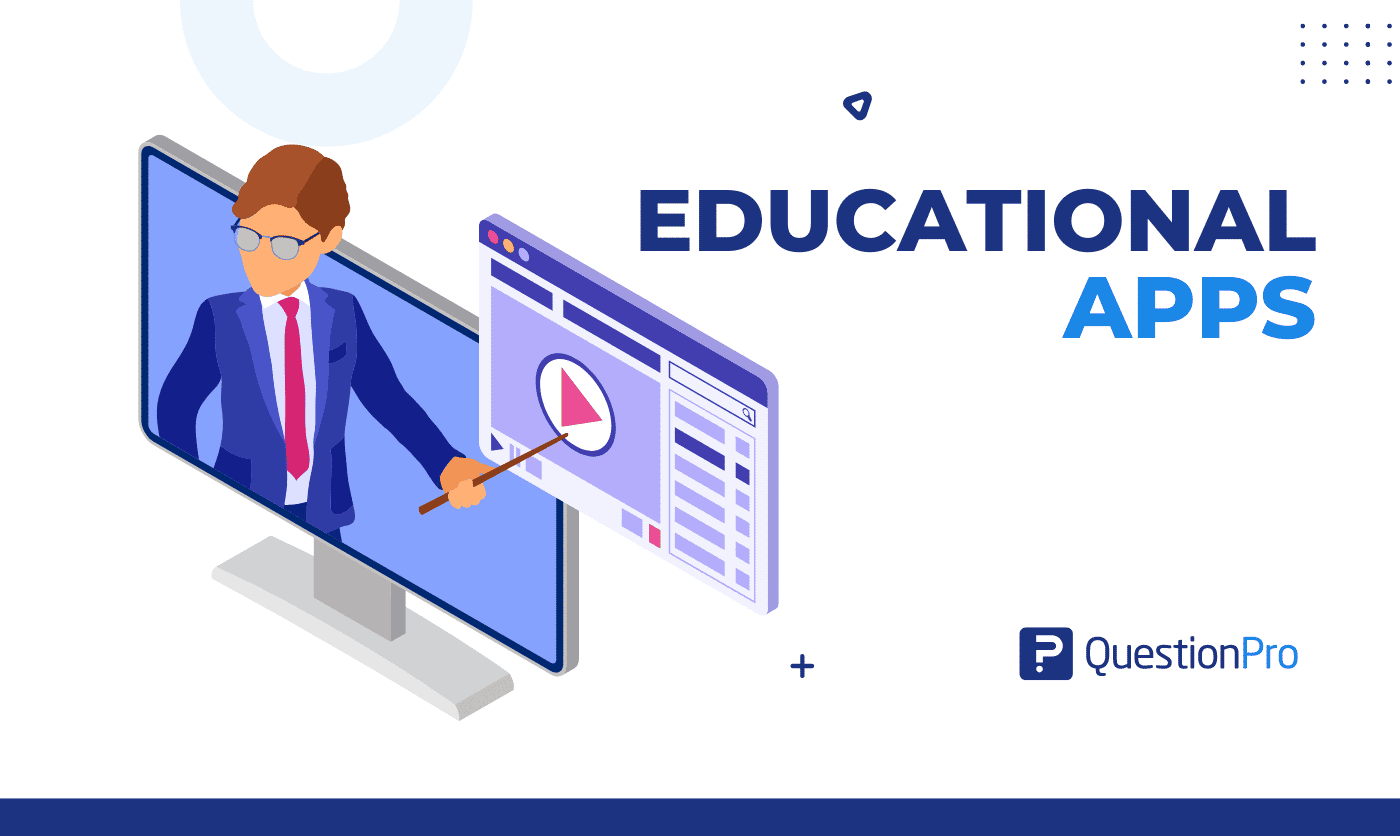3x Mall Insights
Exploring the latest trends and news in online shopping.
App-tastic Learning: Transforming Education One Tap at a Time
Unlock a new world of learning with innovative apps that transform education! Discover tips, tools, and trends to enhance your learning journey.
Top 5 Educational Apps That Are Revolutionizing Modern Learning
In today's fast-paced digital landscape, educational apps are reshaping the way we learn and interact with information. Among the leading tools that are revolutionizing modern learning are Duolingo, Khan Academy, and Quizlet. These applications not only make learning fun and engaging but also provide personalized learning experiences. Duolingo, for instance, gamifies language learning, enabling users to develop their skills through interactive exercises and daily challenges. Khan Academy offers comprehensive resources spanning subjects from mathematics to arts, all at no cost, allowing students to learn at their own pace.
Other notable mentions include Coursera, an app that partners with top universities and organizations worldwide to offer online courses on various subjects, and Prodigy Math, a game-based learning platform that helps students improve their math skills through engaging gameplay. Each of these apps presents unique features that align with the needs of modern learners, breaking barriers to education and making learning accessible anytime, anywhere. The impact of these educational apps is profound, as they not only enhance academic performance but also foster a love for lifelong learning.

How to Choose the Right Learning App for Your Child
Choosing the right learning app for your child can be a daunting task due to the abundance of options available. Start by identifying your child's learning style and preferences, as this will help you narrow down your choices. Look for apps that offer personalized learning experiences and adapt to your child's pace. Additionally, consider the subject areas they struggle with or excel in. Pay attention to the app’s reviews and ratings from other parents, as this can give you insight into its effectiveness and user experience.
After you've shortlisted a few apps, test them out together with your child. Many learning apps offer free trials or limited features, allowing you to gauge their engagement and interest. Evaluate the app's interface for usability—it should be intuitive and age-appropriate. Finally, ensure the app offers educational value, includes interactive elements, and reinforces learning through gamification. By aligning the app's features with your child's needs, you can make a well-informed decision that supports their educational growth.
Frequently Asked Questions About Using Apps in Education
With the increasing integration of technology in the classroom, many educators and students are curious about the role of applications in education. Frequently asked questions often revolve around the benefits of using apps for learning, such as enhancing student engagement and providing personalized learning experiences. Some common queries include how to select the right educational apps and whether they truly improve learning outcomes. It is crucial for educators to understand the specific needs of their classroom and tailor their app choices to foster a more interactive learning environment.
Another common question concerns the potential challenges of incorporating apps in education. Teachers frequently ask about managing screen time and ensuring that technology is used as an educational tool rather than a distraction. Frequently asked questions also touch on the importance of training for both teachers and students to effectively use these applications. Addressing these concerns can pave the way for a more enriching educational experience, maximizing the potential benefits of educational apps.